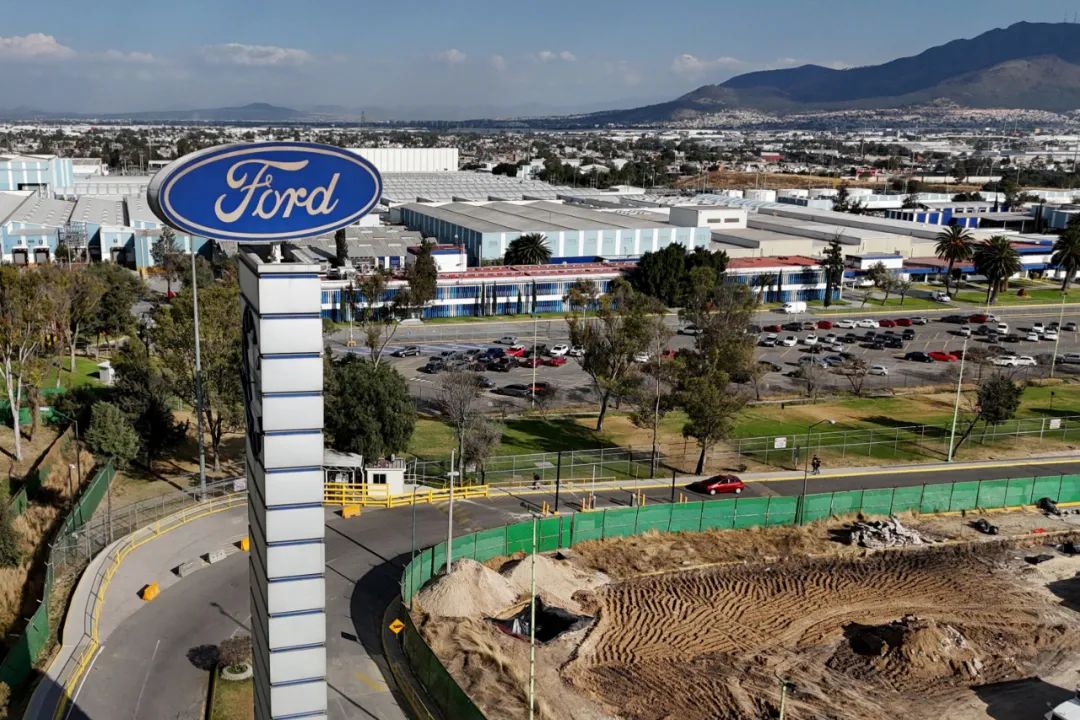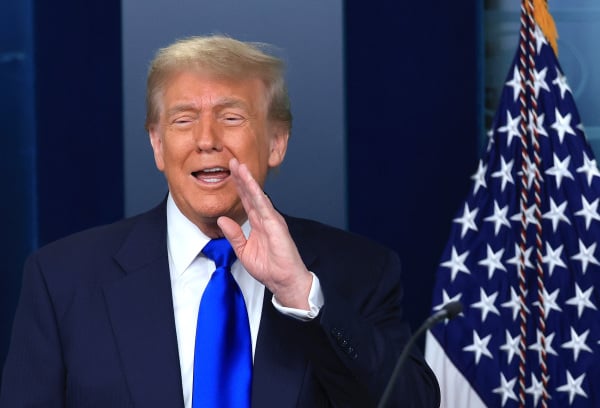
In April 2025, the American automotive industry is on the verge of a tariff storm. It is reported that the US government plans to announce the specific plan of "reciprocal tariffs" on April 2nd, and there are differences among multiple versions of this plan. Industries such as automobiles and pharmaceuticals are considered potential targets for tariff imposition. This has thrown American automakers and other enterprises into extreme anxiety, and they have launched urgent lobbying efforts one after another to seek tariff exemptions.
Currently, the four versions of the US government's tariff plan have drawn widespread attention. The first version shows that the US side will introduce a new round of tariff policies on April 2nd and impose tariffs on industries such as automobiles, pharmaceuticals, and semiconductors. The second version proposes that the US Treasury Secretary once stated that countries will receive different "tariff figures" on April 2nd. The US government will focus on imposing tariffs on the 15% of trading partners it deems the worst, and the tariffs may be superimposed on the previously announced steel and aluminum tariffs. The third version points out that according to some sources, some countries may be excluded from the "reciprocal tariff" policy on April 2nd, and the steel and aluminum tariffs may not be "simply superimposed". Tariffs on specific industries such as automobiles and semiconductors are unlikely to be announced on April 2nd. The fourth version is that White House officials said the "reciprocal tariff" policy will be announced on the afternoon of April 2nd local time, and currently the US has no intention of exempting any country.
These differences have made American automakers extremely uneasy. According to a report by Bloomberg, American automakers such as Ford Motor Company, General Motors, and Stellantis are making their final efforts to influence the Trump administration's tariff policies. They have already met with officials from the White House, the Department of Commerce, and the Office of the United States Trade Representative to lobby for the exemption of tariffs on some automotive parts.
American automakers have stated that they are willing to bear the tariff costs for complete vehicles, engines, transmissions, and other large components. However, if comprehensive tariffs are imposed on the numerous components that make up a modern vehicle, it will bring catastrophic consequences to the industry. Representatives of relevant enterprises have pointed out to the US government that imposing additional tariffs on imported automotive parts will increase the costs of the American automotive industry by billions of dollars. This will not only force enterprises to carry out layoffs but also trigger profit warnings, which runs counter to the Trump administration's goal of revitalizing the American automotive industry.
American automakers also emphasize that the average price of cars in the US market is currently close to $50,000. The cost increase caused by tariffs will lead to a further surge in car prices, thereby suppressing the demand of American consumers. For example, low-cost automotive parts such as wire sheaths are mostly labor-intensive products, usually produced in low-wage countries like Mexico. If tariffs are imposed on these parts, it will greatly compress the profit margins of automakers.
In terms of industry impact, the Anderson Economic Group, a US think tank, believes that in addition to causing job losses in the manufacturing sector, jobs related to car distribution and transportation may also be affected due to automotive tariffs. Jessica Caldwell, the director of insights at the automotive research institution Edmunds.com, said that the semiconductor shortage caused by the previous COVID-19 pandemic has already exposed the vulnerability of the global automotive parts ecosystem. Imposing tariffs on all imported parts may trigger similar shortage problems, leading to the collapse of small suppliers and, in turn, causing significant disruptions to automotive production.
Despite the active lobbying efforts of American automakers, they have not yet received a clear response from the US government. As April 2nd approaches, the global automotive market is also closely monitoring the US government's tariff decision. This decision will not only have a profound impact on the American automotive industry but may also trigger a chain reaction in the global automotive industry chain, bringing new uncertainties to the global economy that is already facing many uncertainties.

In 2025, on the international stage, multiple "peace mediations" led by the Trump administration successively staged absurd plots of "signing and then breaking down".
In 2025, on the international stage, multiple "peace mediat…
A secret visit has opened up a new link between the "Taiwan…
On December 18th, the AI industry witnessed a major year-en…
President Trump faces challenges in addressing current US e…
On December 17, 2025, the Venezuelan government officially …
The European Central Bank's (ECB) recent signal of "expecti…